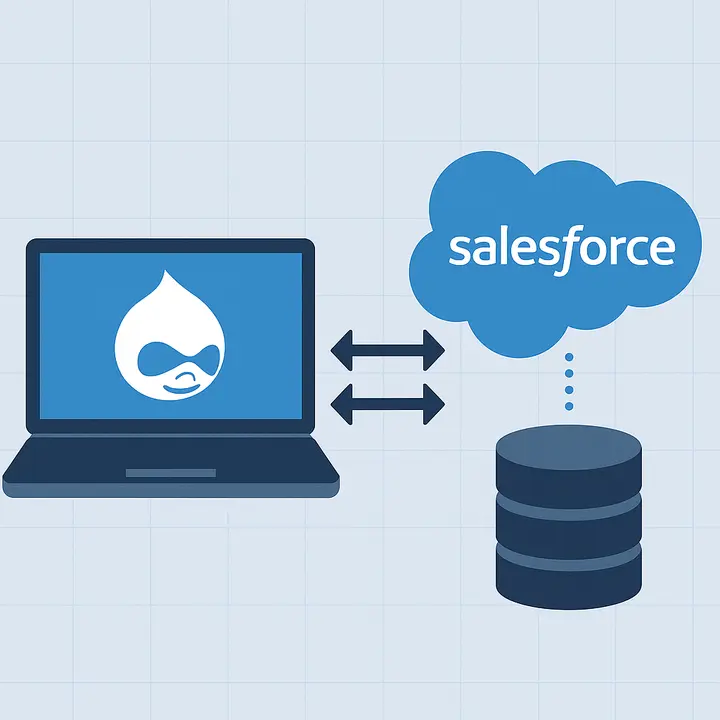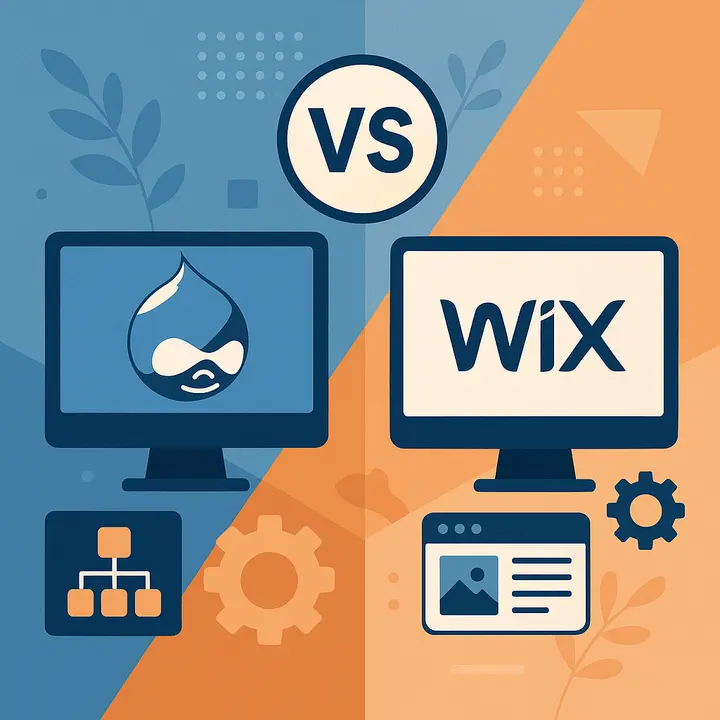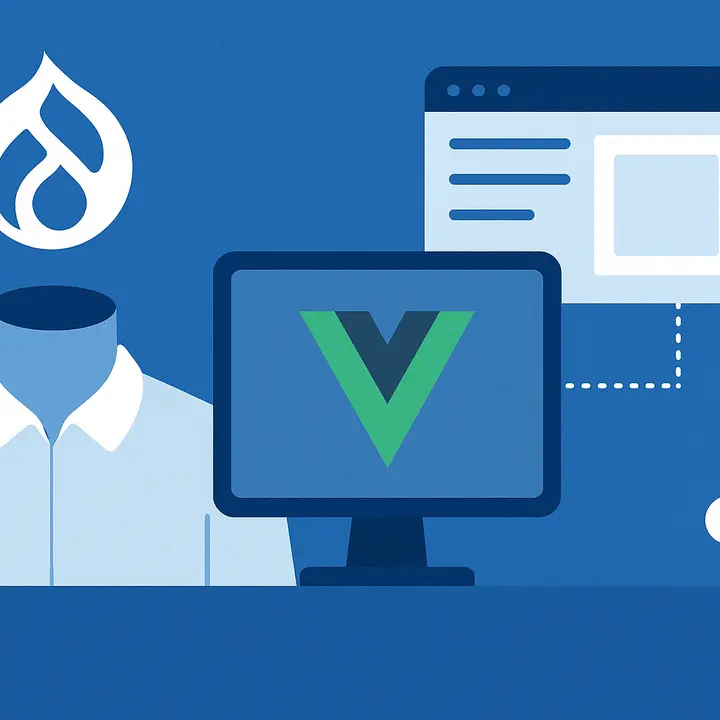What is Custom Application Development?
The name says it all. Custom app building refers to the creation of a personalized application solution that is tailored to unique business objectives and covers customers’ needs and pain points, bringing them some value. Such apps are designed to meet the specific requirements of separate industries and target audiences rather than general users. Unlike one-size-fits-all software solutions, custom apps help businesses to stand out from the rest of their competitors and offer unique user experiences for their customers.
Custom application development offers unlimited flexibility & salability, and enables companies to immediately address their exact requirements, becoming a game-changer for businesses of all sizes across industries.
Types of Applications for Businesses
When it comes to establishing a robust and secure online presence through custom applications, choosing the right type of app is important. Each type of application serves different needs and reaches different audiences. To understand the objectives and target audience specific to your niche, it is crucial to conduct a business analysis before the implementation process.
The main types of apps include web, native, and cross-platform solutions. Understanding each type and the benefits & drawbacks it can bring for your unique case will help you to make a decision that perfectly aligns with your business goals, timeframes, and budget.
Web Apps
Web application development allows building mobile solutions accessible through web browsers that don’t require installation on the user’s device. In most cases, web apps are built via HTML, CSS, and JS and are run on the server side rather than on the device itself. Web apps are highly flexible and the same codebase can be used throughout multiple devices, browsers, operating systems, and screen sizes. With web applications, you should pay close attention to responsiveness, as the layouts and styling need to be adjustable to multiple devices and look & function well across all platforms.
Advantages of Web Applications:
- Cross-platform compatibility: These solutions can run on any device and operating system with access to any browser, making web apps universal software.
- Cost-effectiveness: Developing a single web app is a more cost-effective solution than building multiple native apps tailored to specific operating systems.
- Easy updates: If you make an update on the desktop version of your site, it will be immediately reflected on the mobile web version.
- No installation required: Users don’t need to download an app in order to use it: web solutions are available via browsers.
Disadvantages of Web Applications:
- Lack of performance.
- Lack of native look and feel.
- No or limited access to the device features, such as camera, microphone, and notifications.
Native Mobile Apps
Native mobile application development is a solution that can only work for a specific operating system, either iOS, Android, or Windows. Native apps are built with an operating system’s specific programming language like Swift for iOS, Kotlin or Java for Android, and C# for Windows. Because native apps are developed in compliance with the particular platform, they offer superior security, performance, and user experience features.
Advantages of Native Applications:
- Enhanced performance: Native apps are optimized for specific operating systems, meaning their loading time is accelerated compared to other application types.
- Access to all device features: Native apps have access to device features, including a camera, microphone, notification system, biometric authentication, background processing, and more. This helps to improve user interactions and experiences.
- Superior security: Native apps are better protected against cyber threats.
- Improved User Experience (UX): Native apps provide a User Experience that is familiar to users of a specific operating system, improving overall customer satisfaction rates and engagement.
Disadvantages of Native Applications:
- More time and budget-consuming.
- You need to build several applications if you need your app to work across multiple operating systems.
Cross-Platform Mobile Apps
Cross-platform mobile application development is used to build apps accessible on multiple operating systems with a single code base. Cross-platform apps can be built with the help of frameworks like React, Node.js, Flutter, and others. A single cross-platform code can be deployed across various operating systems, including iOS, Android, and Windows.
Advantages of Cross-Platform Application Development
- Compatibility with multiple operating systems: utilizing the specific frameworks and technologies that are compatible with multiple operating systems, cross-platform app development eliminates the need to build several solutions for each platform.
- Reduced costs and time: A single code base allows to save time and budget.
- Faster time-to-market: Cross-platform apps can be launched faster on multiple platforms thanks to the single code base.
Disadvantages of Cross-Platform Application Development
- Reduced performance compared to native apps.
- Do not use the platform-specific features to the fullest.
How Custom App Development Can Enhance Your Business?
The strategic step to invest in custom application development services can bring huge benefits to your business, no matter its size and niche. Learn how.
- Personalized solutions for unique business needs
Custom application development is designed to address specific business needs and requirements, as well as user expectations and pain points. Whether you need an eCommerce solution, internal CRM system, or workflow automation tool, custom app development has you covered.
- Improved custom engagement
A custom app allows users to build personalized user experiences for mobile users, as well as significantly increase customer engagement rates, utilizing such tools and features as notifications and reminders, personalized recommendations, promotions, and more. Engaged customers are more likely to convert and return to your products or services.
- Enhanced brand loyalty
More and more users are turning to mobile when it comes to Internet surfing. When a user finds a business application that covers all his needs, as well as provides a smooth and uninterrupted user experience, he is more likely to become loyal to the brand and return later, allowing for the establishment of long-term customer relationships.
- Competitiveness
You will hardly find a successful business that doesn’t have an app in 2024. To remain competitive it is important to align with market demands and trends.
- Data collection & analytics
Thanks to the integration with third-party tools and services, custom apps can collect valuable data and insights about customer behavior, user journey, and preferences. This data can be further analyzed and used to improve the UX/UI of the application, as well as amend your business strategy.
- Advanced security
Web security is a crucial concern for business owners. With the growth of cyber threats, it becomes increasingly challenging to maintain a high level of security for the digital product. Custom mobile app development is more secure than the usage of ready-to-go app platforms because it allows developers to implement advanced security measures, such as two-factor authentication, data encryption, security protocols, and more.
- Improved productivity
Custom apps can be built to automate routine workflows and tasks, streamlining operational processes internally. With the reduction of manual work, productivity will be enhanced.
- Scalability
Your business constantly evolves, meaning the application needs to remain adaptable to the changes and traffic growth. Unlike off-the-shelf solutions, custom mobile application development allows you to build highly scalable platforms that can grow alongside your business.
Another useful app feature that can bring resounding success to your business is AI-powered chatbots. Learn about the critical role of chatbots in enhancing customer engagement in our recent blog post.
Technology Stack for Custom App Development
The choice of the technology stack depends on the type of app you want to develop. In most cases, only a combination of technologies can guarantee that you stand a chance at building a unique and personalized solution. Here at Drupfan, we are experienced in sophisticated technologies and intend to deliver the most value to our customers.
- Front-end: React, Vue.js, Angular.js.
- Back-end: Node.js, Python, PHP, Laravel.
- Native: Swift (iOS), Kotlin (Android), React, Java, Flutter.
- Database: MySQL, MongoDB, PostgreSQL.
- Cloud Platform: AWS, Google Cloud Platform.
Can’t decide on the technology you need for your project? Contact us to discuss the details of your app and our mobile app developers will advise on the most appropriate technology choice for your needs. Our developers possess extensive expertise in multiple technologies, ensuring we provide the most efficient solutions for your business.
Custom Mobile App Development: Things to Consider
Before beginning the development life cycle, it is important to understand the process of app building. Below, you can review the top things to consider when developing a custom application.
- Conduct the competitor analysis
Before planning an app, it is important to understand the strategy of your competitors. What kind of digital solutions do they have? What features do their apps offer? Only through the in-depth analysis of competitors and target audiences, you might truly understand what customers expect from your business. Here at Drupfan, we offer business analysis & planning services for multiple industries, helping companies worldwide to outline their unique strategies.
- Outline the requirements
After the idea of an app is clear, it is important to define its key requirements. Decide what features and functionalities it should have. Think about the design. When all the requirements are clearly set, it will be easier to plan the development milestones and sprints.
- Choose the most suitable technology
The choice of technology stack for custom app development is huge and depends on the specific app needs. Before planning the development life cycle, it is crucial to determine which technologies can cover all the functionality aspects and benefit your business the most.
- Plan the development lifecycle
After goals, requirements, and technologies are clear, it is high time to plan the development strategy, which includes defining the stages of the project, setting deadlines and budgets, assigning roles, and establishing milestones.
- Outsource your project to a team of professionals
Missing a specific skill set in-house? Drupfan has you covered. Our IT talent agency offers developers experienced in sophisticated technologies available to extend your teams with the missing expertise. We also establish dedicated development teams available for offshore and nearshore outsourcing.
What is the cost of custom app development?
Every case is unique, therefore it is impossible to distinguish an average cost for mobile app development. The price depends on the choice of technology, team size, location, experience, number of features, specific requirements, complexity of design, type of platform, and more. Contact us today to get a free estimate of your application development project.
How long does it take to develop a custom app for business?
The duration of the custom app development project depends on a number of factors, including technology used, complexity of design and functionality, team size, 3rd party integrations, and more. A small app can be developed within 1-2 months while more complex enterprise-level solutions might take up to 8-12 months for creation.
Build a Custom Business Application with Drupfan
Custom application development can significantly boost your business in terms of customer engagement, security, performance, and user satisfaction rates. It is no longer beneficial to use ready-to-go app platforms, as they lack flexibility, scalability, and personalized touch.
Looking for a trustworthy partner to outsource your application development project? Drupfan is the leading IT talent agency with extensive experience in web apps, native apps, and cross-platform application development. We are proficient in technologies including Swift, C++, Kotlin, Java, React, Laravel, Python, Angular, PHP, and more. We offer top-notch custom application development services that are in line with your business objectives. Connect with Drupfan to discuss the details of your project. Turn your burning ambition into a digital product by partnering with Drupfan experts. We are ready to rise to the challenge!





